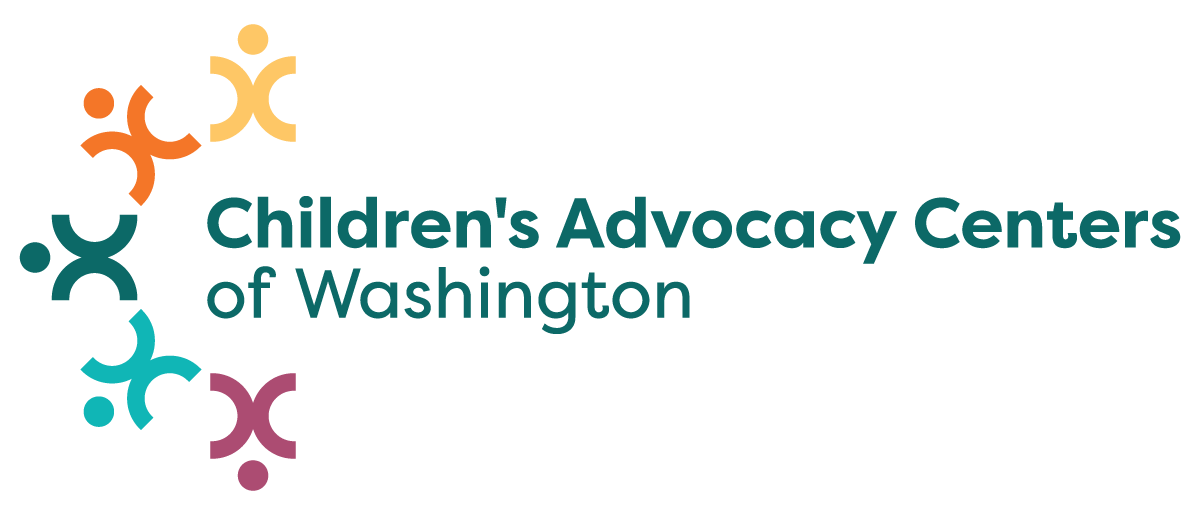- (360) 753-3703
- 1217 Cooper Point Road SW, Suite 6, Olympia, WA 98502
This page includes a wide range of resources that can help parents and caregivers keep kids safe as they utilize digital technology to learn, socialize and stay connected. Click the blue buttons below for resources on each.

CACWA works with CACs and multidisciplinary partners (MDTs) to facilitate a coordinated response to allegations of child abuse and supports professionals in the field through training, technical assistance, research, funding, and advocacy.
